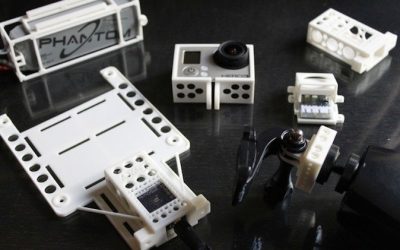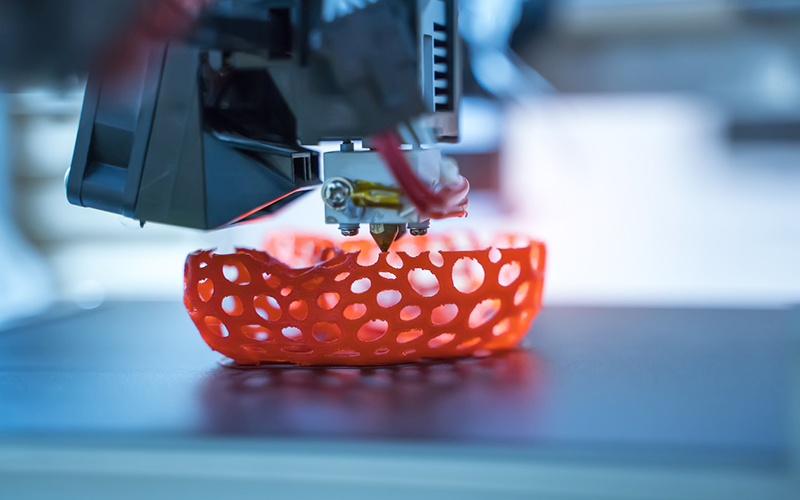International researchers are exploring the creation of microreactors in ‘ Simple 3D printed stainless steel microreactors for online mass spectrometric analysis .’
In this study, they analyze the functionality of a stainless steel microreactor, using an inverse electron demand Diels-Alder and subsequent retro Diels-Alder reaction for testing. Because only a small number of reagents are required to analyze chemical reactions with microfluidic devices, they can be invaluable—especially when a lab may not have extensive funding—or when such reagents are not commercially available.
Microreactors are often connected with mass spectrometry, NMR spectroscopy, liquid chromatography, and UV-Vis spectroscopy. “Flow chemistry allows for the use of a non-destructive detection method in series with mass spectrometry,” state the researchers. “The most common mass spectrometric method used with microreactors has been electrospray ionization – mass spectrometry (ESI-MS), which has been done either by attaching the microreactor to a commercial ESI ion source or by […]
Case Study: How PepsiCo achieved 96% cost savings on tooling with 3D Printing Technology
Above: PepsiCo food, snack, and beverage product line-up/Source: PepsiCo PepsiCo turned to tooling with 3D printing...





0 Comments